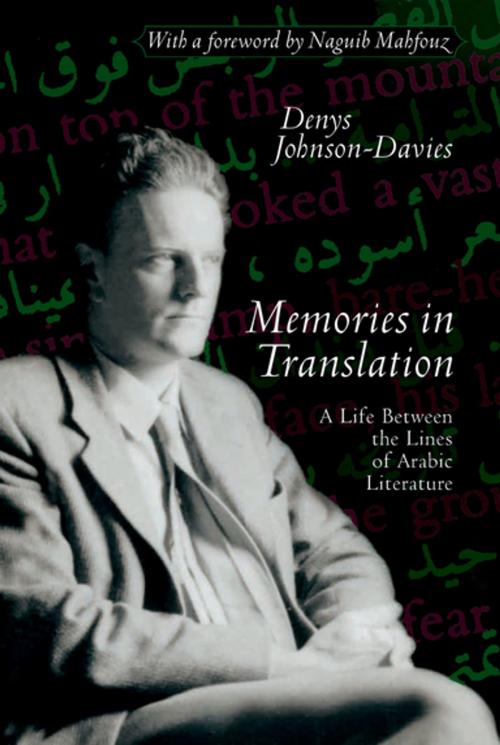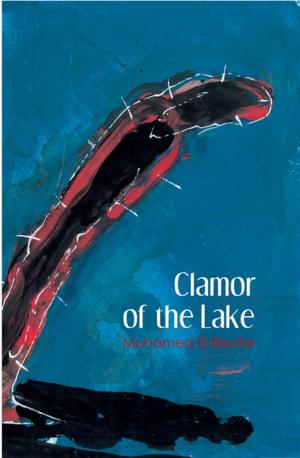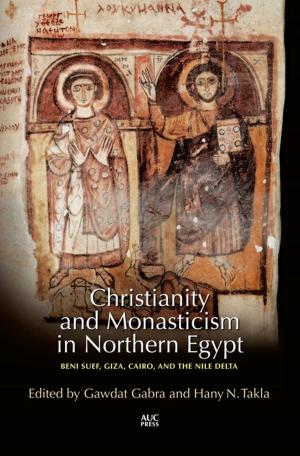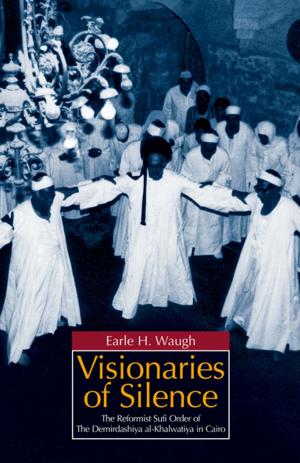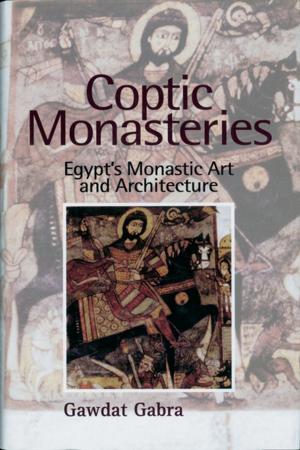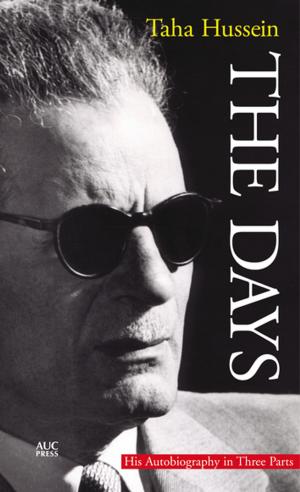Memories In Translation
A Life between the Lines of Arabic Literature
Nonfiction, Reference & Language, Language Arts, Translating & Interpreting, Travel, Middle East, Biography & Memoir, Literary| Author: | Denys Johnson-Davies | ISBN: | 9781617972430 |
| Publisher: | The American University in Cairo Press | Publication: | February 1, 2006 |
| Imprint: | The American University in Cairo Press | Language: | English |
| Author: | Denys Johnson-Davies |
| ISBN: | 9781617972430 |
| Publisher: | The American University in Cairo Press |
| Publication: | February 1, 2006 |
| Imprint: | The American University in Cairo Press |
| Language: | English |
Nobody has done more for modern Arabic literature in translation than Denys Johnson-Davies, described by the late Edward Said as "the leading Arabic English translator of our time." With more than twenty-five volumes of translated Arabic novels, short stories, plays, and poetry to his name, and a career spanning some sixty years, he has brought the works of a host of writers from across the Arab world to an ever-widening English readership. Here he tells the story of a life in translation, and gives intimate glimpses of many of the Arab writers who are becoming increasingly known in the west. In the 1940s, while teaching at Cairo University, he came to know such iconic figures as Yahya Hakki, Tewfik al-Hakim, Yusuf Idris, and of course Naguib Mahfouz. Later when he lived in Beirut, that other great literary center of the Arab world, he spent time with such poets as Tawfic Sayigh, Badr Shakir al-Sayyab, and Boland al-Haydari. He was already a close friend of Jabra Ibrahim Jabra from his college days at Cambridge, and later of another well-known Palestinian writer, Ghassan Kanafani. In the 1960s he started an influential Arabic literary magazine, Aswat, which published the leading avant-garde writers of the time, and in 1967 he put together the first representative volume of short stories from the Arab world. Then he really put Arabic writing on the international literary map with the establishment of the Heinemann Arab Authors series. Since then he has continued to select and translate the best of Arabic fiction, most recently the classic novella by Yahya Hakki, The Lamp of Umm Hashim (AUC Press 2004). He has also translated three books of Islamic Hadith (with Ezzeddin Ibrahim) and other books of Islamic thought, and has written a large number of children's books of Middle Eastern history and folktales.
Nobody has done more for modern Arabic literature in translation than Denys Johnson-Davies, described by the late Edward Said as "the leading Arabic English translator of our time." With more than twenty-five volumes of translated Arabic novels, short stories, plays, and poetry to his name, and a career spanning some sixty years, he has brought the works of a host of writers from across the Arab world to an ever-widening English readership. Here he tells the story of a life in translation, and gives intimate glimpses of many of the Arab writers who are becoming increasingly known in the west. In the 1940s, while teaching at Cairo University, he came to know such iconic figures as Yahya Hakki, Tewfik al-Hakim, Yusuf Idris, and of course Naguib Mahfouz. Later when he lived in Beirut, that other great literary center of the Arab world, he spent time with such poets as Tawfic Sayigh, Badr Shakir al-Sayyab, and Boland al-Haydari. He was already a close friend of Jabra Ibrahim Jabra from his college days at Cambridge, and later of another well-known Palestinian writer, Ghassan Kanafani. In the 1960s he started an influential Arabic literary magazine, Aswat, which published the leading avant-garde writers of the time, and in 1967 he put together the first representative volume of short stories from the Arab world. Then he really put Arabic writing on the international literary map with the establishment of the Heinemann Arab Authors series. Since then he has continued to select and translate the best of Arabic fiction, most recently the classic novella by Yahya Hakki, The Lamp of Umm Hashim (AUC Press 2004). He has also translated three books of Islamic Hadith (with Ezzeddin Ibrahim) and other books of Islamic thought, and has written a large number of children's books of Middle Eastern history and folktales.
